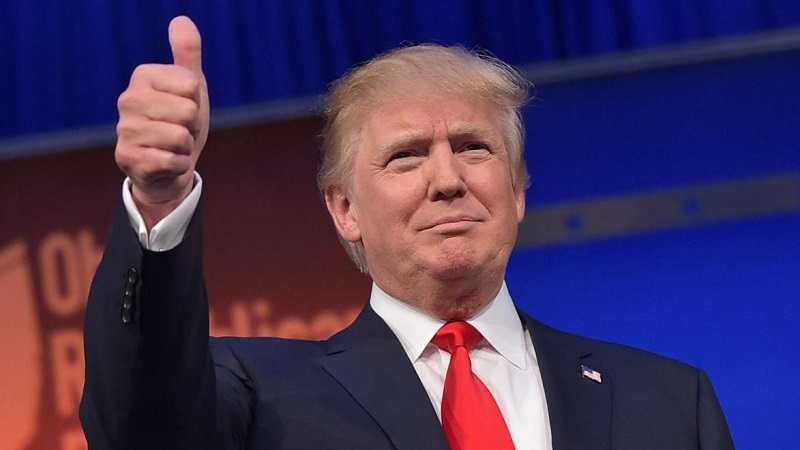The era of Trump is often taken by analysts as a period dark times in the world economy, however Yohai Baisburd, the partner in Denton's’ International Trade Practice in Washington, doesn’t think so. At least in case of Panama.
“There is so much attention from Donald Trump in Mexico and China is already looking to invest in companies and increase exports to the U.S. without producing too much noise”, the trade specialist says.
Yohai Baisburd said that unlike the North American Free Trade Agreement (NAFTA) or the Trans-Pacific Economic Partnership Agreement (TPP), neither the Free Trade Agreement between the US, Central America and the Dominican Republic (CAFTA-DR) nor The Free Trade Agreement with Panama will be altered by the administration of Donald Trump because "they are not on their list of issues relevant to the US".
The only thing that could be affected is the textiles, it is possible that Trump decides to protect this sector and in this case Central America could suffer some consequences, but again we’re talking just small portion of economy, not the entire country, immigration policies, border control etc.
Today the trade balance between the US and Panama is in favor of the former by about 7 billion dollars. The US exports to Panama are diverse, while Panama’s are narrow and currently it’s just several agricultural goods and services.
"Being a dollarized country for Panama is a good benefit, because the US cannot say that the Central American country is manipulating its currency, as there’re such cases in countries like China," says Yohai Baisburd.
Yohai says that one thing that nor Trump, not any other president would ever be able to change is Panama’s advantage over other countries as its location and interoceanic way. "The legal framework of their free zones as the new Panapark also offers fiscal, labor and logistics benefits for manufacturing industries that want to reach the US, including other countries in Latin America, Asia or Europe."
On February 19, the president of Panama, Juan Carlos Varela, announced on his official Twitter that he communicated with his counterpart from the United States and reached an agreement to meet and discuss very specific issues, making an emphasis on security.


